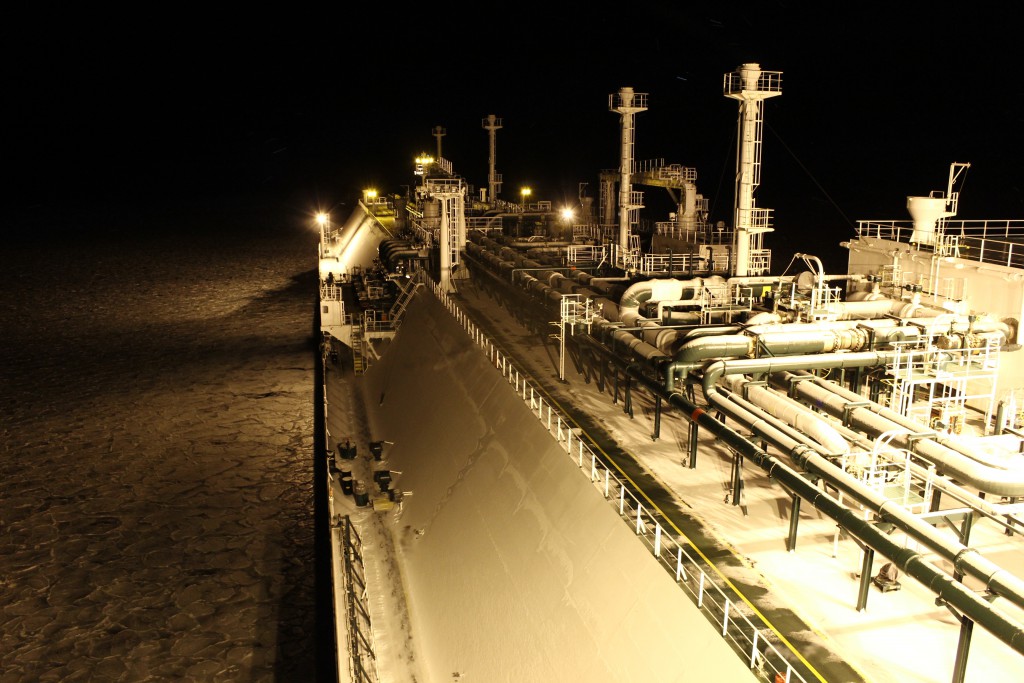CMES Votes to Invest in Five Arctic LNG Carriers

The Board of Directors of Shanghai-listed China Merchants Energy Shipping (CMES) has voted unanimously to support investment in five new Arctic-type LNG carriers intended for Yamal LNG project, located on the Yamal Peninsula in Northern Russia.
The vote was cast at a Board Meeting held on September 18th, CMES said in a stock exchange filing.
As explained, the investment would be placed via CMES subsidiary, China LNG Shipping (Holdings) Limited (CLNG).
CMES said that the approval would allow for capital increase worth CNY 3,870 million (USD 593.6 million) to CLNG.
In a separate filing, Sinotrans Shipping informed it was in negotiations to take part in a joint venture to commission the building of five Arctic LNG carriers.
The company said it expects to hold a proportion of 25.5% of the shares in the joint venture.
“Parties are still at the stage of negotiations and the company has not entered into any legally binding agreement in respect of such Proposed JV Arrangement. Should the Proposed JV Arrangement be proceeded with, the company will make further announcement on the Proposed JV Arrangement as and when appropriate,” Sinotrans said.
Greece-based shipowner Dynagas is expected to join CLNG and Sinotrans in setting up a consortium aimed at ordering the five LNG carriers.
CLNG has together with Teekay LNG Partners L.P. already signed shipbuilding contracts for six internationally-flagged icebreaker LNG carriers for the Yamal LNG Project.
Under the agreements, the joint venture between Teekay LNG and China LNG will build six 172,000 cubic meter ARC7 LNG carrier newbuildings to be constructed by Daewoo Shipbuilding & Marine Engineering Co., Ltd., of South Korea, for a total fully built-up cost of approximately $2.1 billion. The vessels will be constructed with maximum 2.1 meter icebreaking capabilities in both the forward and reverse direction
Yamal LNG is a joint venture between NOVATEK (60 percent), TOTAL (20 percent) and China National Oil & Gas Exploration and Development Corporation (CNODC) (20 percent). The project consists of three LNG trains with a total capacity of approximately 16.5 million metric tons of LNG per annum.
HEADLINES
- Do shipping markets want Biden or Trump for the win?
- All 18 crew safe after fire on Japanese-owned tanker off Singapore
- Singapore launching $44m co-investment initiative for maritime tech start-ups
- Cosco debuts Global Shipping Industry Chain Cooperation Initiative
- US warns of more shipping sanctions
- China continues seaport consolidation as Dalian offer goes unconditional